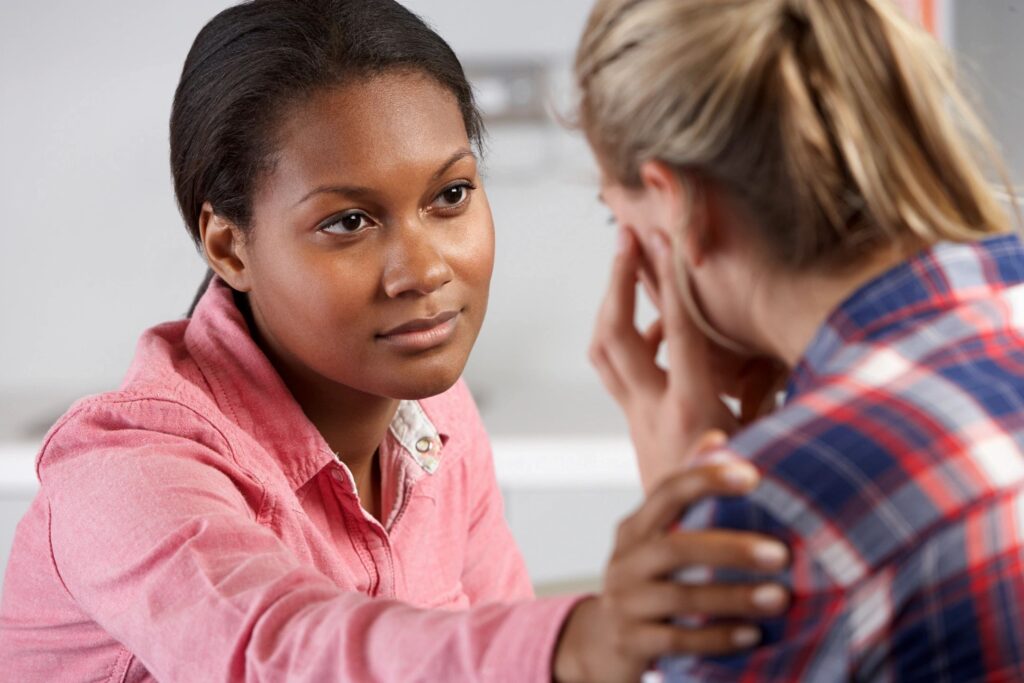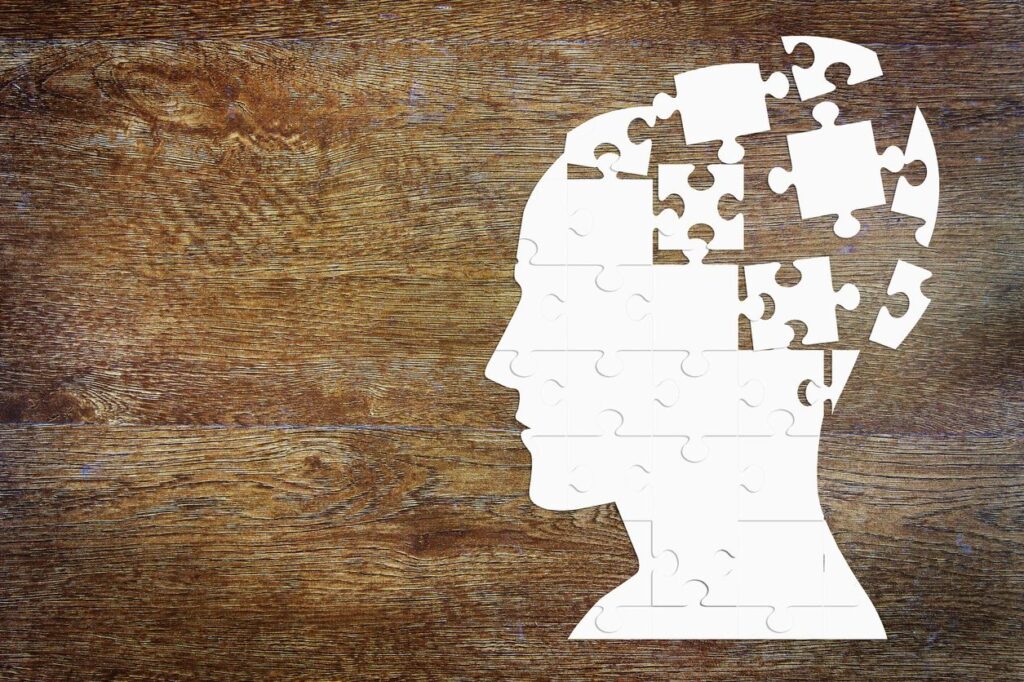Search results for: depression
Four Resilience Skills To Counter Depression and Unhealthy Stress
Stress Is Good Stress can be bad but it can also be good. And even when it is bad, it can still be good. Let me explain. While we typically think of stress as a negative, there is a type of stress called eustress that is considered positive and healthy. Eustress is the stress we…
Read MoreCensus Bureau Data Shows 2020 Brought a Spike in Anxiety and Depression
From posttraumatic stress to sleep disturbances, recent studies have begun to confirm that the coronavirus pandemic has brought a range of mental health consequences. Now, an analysis of data from the US Census Bureau provides what appears to be some of the most robust evidence yet that 2020 saw a rapid decline in the United…
Read MoreDepression Might Be Part of the Reason Psychopaths Go to Bed Later
When the sun sets, all kinds of creatures come out of the woodwork. Owls, bats and … psychopaths? Some previous research suggests that the darker side of human nature really does have an affinity for the darker hours. For example, a 2013 study found that people who prefer to go to sleep and get up…
Read MoreUntangling the Links Between Sedentary Behavior and Depression
Among the detrimental effects that are increasingly being blamed on sedentary behavior are mental health conditions such as depression. In one study I wrote about a couple years ago, researchers found that just one week of sedentary behavior could significantly lower people’s life satisfaction. Figuring out why sedentary behavior and depression go together is more…
Read MoreChocolate vs. Depression
Good news for chocolate lovers: there’s more evidence out that chocolate can be part of a (mentally) healthy diet. Previous research has suggested that chocolate might be associated with lower risk of depression. So a recent study decided to examine that possibility more closely in a large pool of adults chosen to be representative of…
Read MoreAbsolutist Language Can Predict Anxiety, Depression and Suicidal Ideation
The internet has given psychologists new opportunities to study subtle differences in the way people use language, and whether those differences can predict which people are most at risk for mental health conditions. Last year, for example, researchers found that the language in people’s Facebook posts could predict their depression risk. In that study, language…
Read More3 Factors That Predict Depression Onset in College
College presents all sorts of new challenges for young adults, and those are compounded when mental health conditions like depression enter the picture. Providing resources early on for college students at risk of depression might help counteract future damage to their academic and personal lives. So is it possible to identify college students who are…
Read MoreFacebook Posts Can Predict Depression Risk
We tend to curate our Facebook profiles to control the image we project. But a new study suggests that when it comes to mental health, our Facebook posts might be more revealing than we realize. In the study, researchers in Philadelphia, PA and Stony Brook, NY looked to see if they could identify people with…
Read MoreWe Need to Learn More About People Who Flourish After Depression
We know a decent amount about people with depression. At this point, quite a few studies have been done on people who have depression. But we know less about people who used to have depression – and especially about people who used to have depression but are now flourishing. A new paper by researchers from…
Read MoreTeacher Involvement Can Help With Childhood Depression
Given how much of their lives children spend in school, it stands to reason that good teacher-student relationships could make a difference in children’s mental health. So a group of researchers in Belgium decided to ask: is there a link between teacher involvement and children’s subsequent depressive symptoms, and if so, how does it work?…
Read More







